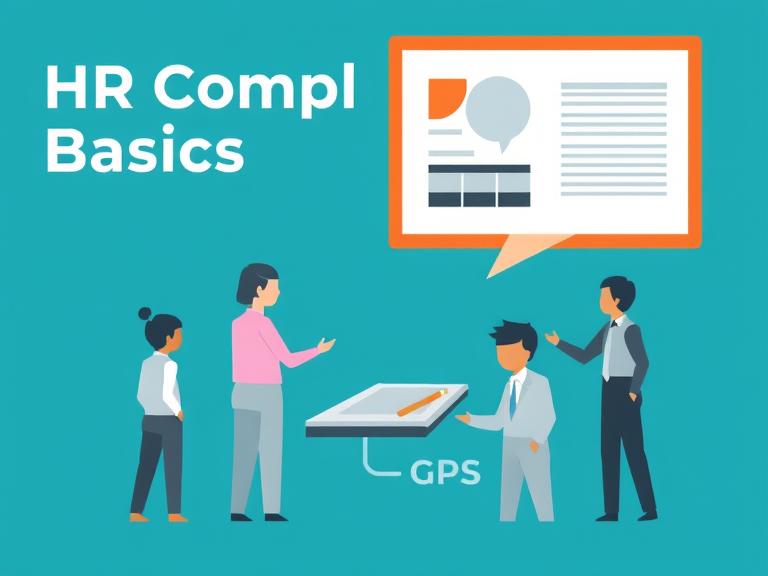HR compliance refers to the legal and ethical standards a company must follow in managing employees. Ignoring HR compliance can lead to lawsuits, fines, and damage to your reputation—making it a critical area for all business owners, regardless of size.
Key compliance areas include:
- Employment laws: These cover wage regulations (like minimum wage), working hours, and overtime pay. In many countries, failing to pay fairly is a legal offense.
- Anti-discrimination and harassment laws: Employers must provide a workplace free of bias and harassment, following laws like the Civil Rights Act (U.S.), Equality Act (U.K.), or country-specific equivalents.
- Employee classification: Properly distinguishing between contractors, part-time, and full-time employees affects taxes, benefits, and liability.
- Health and safety: Compliance with workplace safety regulations (e.g., OSHA) is mandatory, especially in physical job environments.
- Data privacy: Employee information must be securely stored and used in accordance with GDPR, HIPAA, or relevant national data protection acts.
Tips for staying compliant:
- Keep accurate, up-to-date records
- Develop an employee handbook outlining rights, responsibilities, and policies
- Provide regular HR training to managers and staff
- Use HR software to automate documentation and reporting
- Consult with legal counsel or HR experts when creating contracts or policies
HR compliance isn’t just about avoiding risk—it’s about building a trustworthy and fair work environment where your business and employees can thrive.





